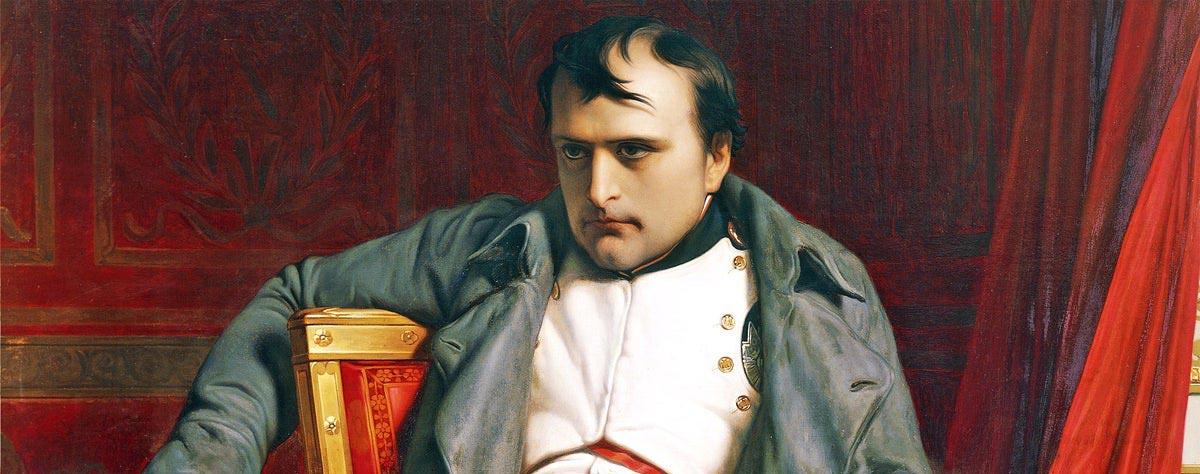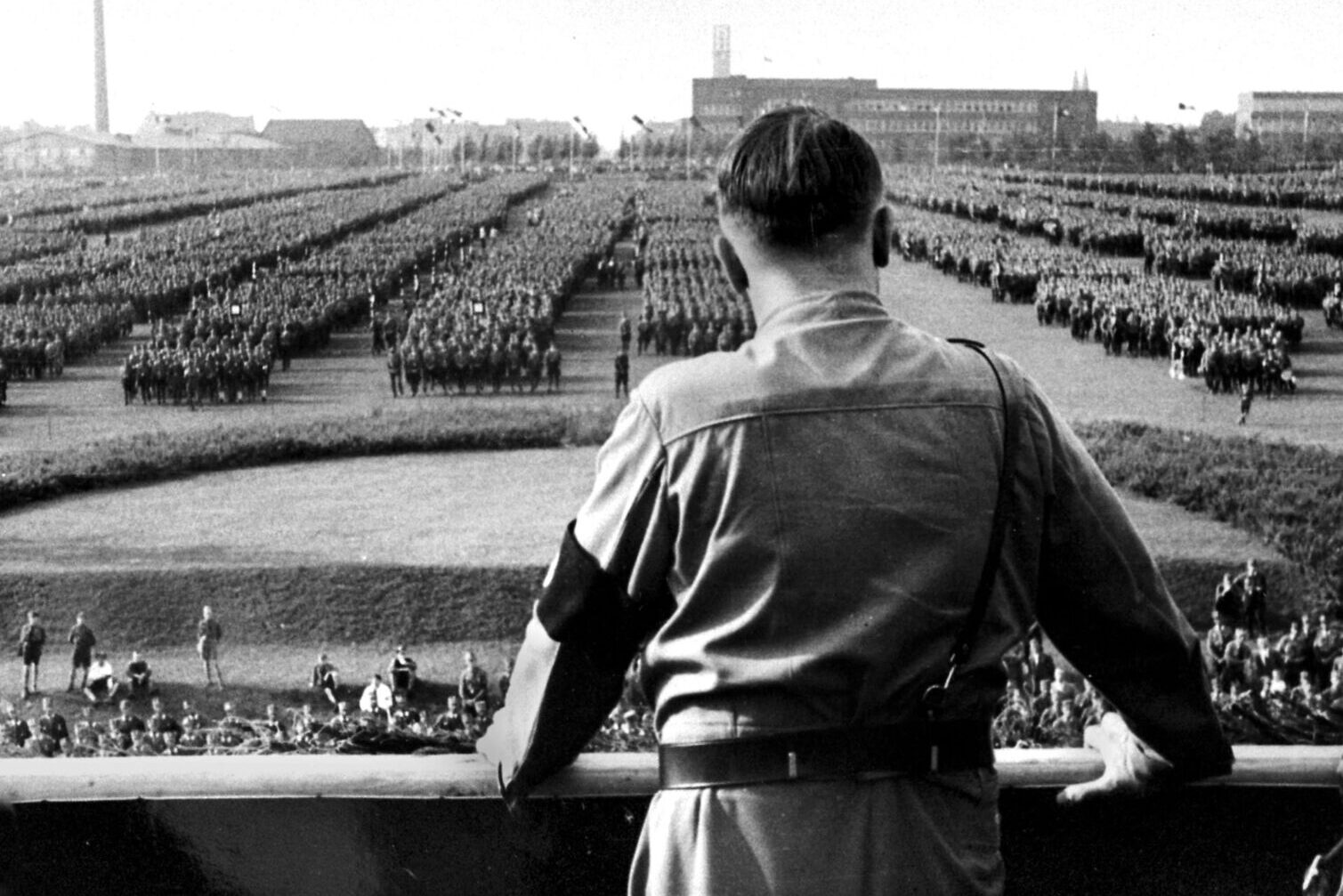Administrative sanctions for those who disagree with “Democratic Memory”
The draft bill incorporates in its Title IV a system of penalties that determines a list of infractions with their corresponding sanctions, “as a means of avoiding the humiliation that any victim of the war or the Dictatorship might feel”23. But as the overwhelming majority of those directly affected are no longer among us, the text refers to the “humiliation” of those who have inherited this status even though they are generationally distanced from the real victim and detached from any personal relationship with them or their suffering. Sanctions are also justified by the defence of “the dignity of constitutional principles and values in the public sphere”24. This is highly illogical because dignity is an exclusive quality of human beings. Apart from that, and as can be expected, these constitutional principles and values are confused with the milestones and heroes of the left and nationalists.
Sanctions are high and are ranked in favour of the most severe penalties. Responsibility is established for action or omission, also intentional or negligent. The “very serious” ones (art. 62.1) contemplate the transfer of the remains of victims of the war or the dictatorship or the destruction of their graves without administrative authorisation, even before determining that they really are. They also punish the destruction or damage of “places of memory”, symbols and vestiges in homage to victims belonging to the Republican side, the guerrilla and armed bands of the extreme left, when their value justifies the qualification of a “very serious offence”. Also included here is the failure to adopt measures to prevent or put an end to the carrying out of acts of the exaltation of the “War” or the “Dictatorship” that involve discrediting, contempt or humiliation of the victims or their relatives by the owner or person responsible for the place where the event takes place, which is a serious restriction on the right of assembly.
Also limiting this right and freedom of expression, the draft bill considers as a “very serious” punishable conduct the calling of events, publicity campaigns or advertising that, “by any means of public communication, in written or verbal form, in its sound elements or in its sound elements or in the form of a public statement, in any form of public communication, in written or verbal form, in their sound elements or images” are contrary to the “regulations on democratic memory” and incite the exaltation of the “War” or the “Dictatorship when it involves discrediting, belittling or humiliating the victims or their relatives”, definitions which include any critical perspective, however aseptic, of the conduct of the Republican side or the anti-Francoist opposition of an anti-democratic nature. These “very serious” offences involve fines of 10,001 to 150,000 euros, plus other accessories such as the restoration of destroyed property, the closure of premises where an act against “memory” has taken place for between six months and two years, the confiscation of the instruments with which an action contrary to the future law has been carried out, and the impossibility of obtaining any aid or subsidy from the public administration for five years. In practice, this means that our history between 1931 and 1978, and even the official account that conceals it, is removed from public debate, through a system of extraordinarily serious fines and additional sanctions.
Our history between 1931 and 1978 is removed from public debate through a system of fines and penalties
For serious sanctions (art. 62.2), fines of between 2,001 and 10,000 euros are established, plus the aforementioned accessories, although in this case the impossibility of obtaining aid and subsidies is restricted to those linked to “Democratic Memory” for a period of five years. In exchange, however, an accessory obligation is established to repay all the aid granted in the previous five years, even if it has been amortised. The conducts punishable here are: destroying or damaging “Places of Democratic Memory”, their symbols and vestiges when they are not declared “very serious”; carrying out excavations to locate or exhume remains without obtaining the corresponding administrative authorisation; failing to notify the authorities of the findings of victims’ remains, without clarifying how the person who finds them can know; or failing to comply with a resolution to remove symbols and elements contrary to “Democratic Memory”.
Finally, minor offences (art. 62.3), with fines of 200 to 2,000 euros, are reduced to punishing the deterioration of plaques identifying places of democratic memory, or any intervention in a “Place of Democratic Memory” without authorisation or outside the provisions of the draft bill, when both do not constitute serious or very serious offences.
These sanctions have collateral effects. Article 40.1 establishes that public administrations “shall not subsidise, subsidise or provide public aid to those natural or legal persons, public or private, sanctioned by a final administrative decision for attacking, encouraging or tolerating practices against democratic memory”. Moreover, in its second section, it establishes that neither will aid be granted for “carrying out an activity or fulfilling a purpose that violates, encourages or tolerates practices classified as infractions in Title IV of this law”, at the arbitrary discretion of the Secretary of State or the Council for Democratic Memory, of course. And given the ambiguity with which articles such as 62.1e are worded, this means that taxpayer-funded research projects on this historical period will be left in the hands of “memorialists”, to the exclusion of historians who do not accept the official account. To make matters worse, paragraph 3 establishes that the department responsible for “Democratic Memory” will maintain a database “for the monitoring and verification of those natural or legal persons, public or private, who have been sanctioned by a final administrative decision in application of this law”, equating such sanctions to serious crimes.
Very serious infringements will be sanctioned by the Secretary of State for “Democratic Memory” and serious infringements by the Director General
This onerous framework of coercive precepts is reinforced by the procedure itself. According to Article 64, anyone can report the offence – in fact, the obligation to do so is established – to the competent body for “Democratic Memory”, which may also act ex officio. Very serious infringements will be sanctioned by the Secretary of State for “Democratic Memory”, and serious infringements by the Director General. Very serious sanctions are subject to a three-year statute of limitations, serious sanctions after two years and minor sanctions after six months. The circle closes with the first additional provision, which introduces public action to demand strict observance of the obligations contained in this draft bill before administrative bodies and the contentious-administrative courts.
Furthermore, the fifth, sixth and seventh additional provisions regulate as grounds for the termination of foundations the “apology of Francoism” and “direct or indirect incitement to hatred or violence against the victims of the coup d’état, the war or Francoism”. Although there are several foundations linked to some prominent figures of the national side, it is obvious that this rule is intended above all to dissolve the Francisco Franco National Foundation. It is envisaged that its extinction will be judicially requested, and the judicial body may, ex officio or at the request of a party, agree to the provisional suspension of its activities until a ruling is handed down, and adopt the precautionary measures deemed necessary to ensure the effectiveness of this suspension. Furthermore, the public administrations will proceed to revoke the declaration of public utility of those associations in which this circumstance applies, and within one year the 2002 Law on Associations will be reformed in order to include apology for Francoism as a cause for dissolution. By virtue of the eighth final provision, the liquidation of these foundations will be charged to their assets and not to those of their administrator or the person urging them to dissolve. A last final provision, the sixth, establishes a new group of victims to be “remembered”, a new social segmentation that reinforces the durability of “democratic memory”. It is planned to set up a state commission for “Memory and Reconciliation with the Roma People in Spain”, which will have to draw up a report on measures to implement the principles of truth, justice, reparation and non-repetition in relation to the history of these Spaniards, who are collectivised by exhuming ethnic criteria that are difficult to reconcile with Article 14 of the Constitution, and constituting them as a separate entity from the generality of the Spanish people.
Notes
- Anteproyecto de Ley de Memoria Democrática, p. 13.
- Idem, p. 13.
On This Day
- 1527 Felipe II is born in Valladolid.
Recommended for you







